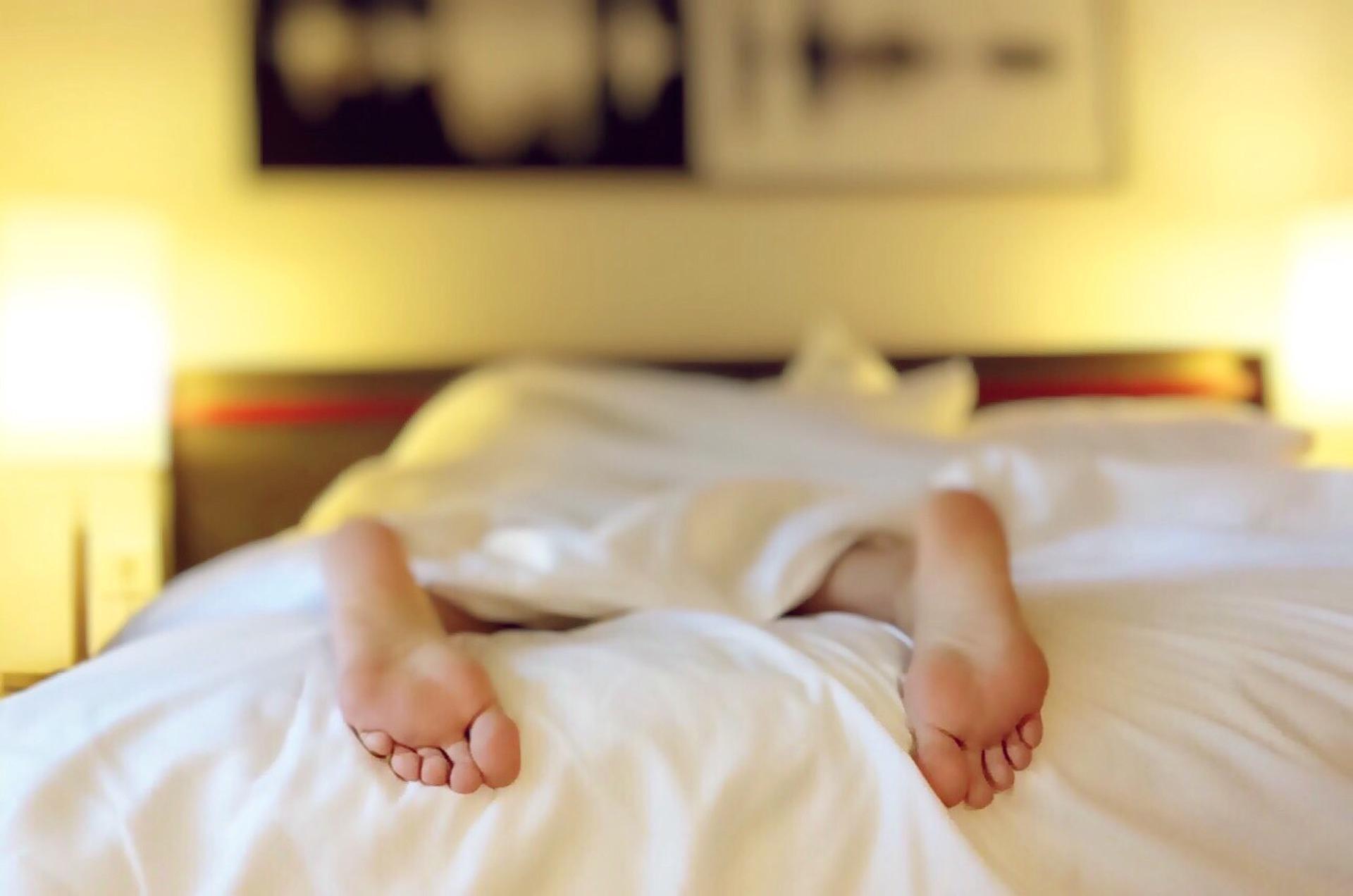How to Wake Up Early

Many people assume that, as members of today’s generations, we are smarter than our ancestors, thanks in part to the technological gadgets and other advances we’ve created in the last few decades. However, our ancestors knew quite a bit about the routines of successful people, as culminated in the old English proverb made famous by Benjamin Franklin: “Early to bed and early to rise makes a man healthy, wealthy and wise.”
That’s sage advice for today’s entrepreneurs who may be looking for ways to carve out more time in their day. Yet as practical advice, it’s often much easier said than done. After an exhausting day or week, it’s hard to resist the temptation to hit snooze. Sometimes, it feels impossible to get up and get going.
Yet it is possible to change old habits — to wake up early, clock healthy hours of sleep, and get everything on your task list done. Here are some hacks from early risers who have discovered successful strategies to change their sleep schedules and habits.
Focus on the Benefits of Becoming a Morning Person
What motivates early risers? Often, it’s the perceived benefits of waking up early. Keeping these advantages top of mind can also get you up early instead of automatically pressing the snooze button.
The biggest benefit is that you’ll have more hours in the day to accomplish important tasks. Moreover, because most people start their day later, those early morning hours typically are free of interruptions. That gives you quiet time for focused or deep work, such as planning and other tasks that require a distraction-free environment. Think about what you can accomplish with that extra time, resulting in greater personal satisfaction and reduced stress levels.
Waking up early also gives you time to choose a healthy breakfast instead of rushing through a drive-thru or mindlessly scarfing down break room donuts — or worse, skipping breakfast altogether. That extra time means you get a healthier start to your day and optimum energy. Further enhancing your wellness, you can also get in a workout that you might have otherwise missed with a more compressed work schedule.
Finally, if your workday begins with an early morning commute, you can shorten it by waking up early and beating the traffic. Now that the roads are filling up again, this might be all the incentive you need to get out of bed earlier.
Take Incremental Steps Toward an Earlier Morning Routine
On paper, it might make sense to adopt an earlier routine in one fell swoop. In practice, however, that does not work so well. After all, your body has most likely been on the same sleep schedule for years. It needs time to adjust to the new schedule. Otherwise, you will likely feel tired and grumpy for a good portion of the day.
Instead, set a goal of getting up 15 to 20 minutes earlier than you did previously. Stick with that until you feel yourself waking up naturally at that new time without feeling sleep-deprived. Then set the alarm 15 to 20 minutes earlier than that. Keep going at this deliberate pace until you get to your early morning goal.
Be Disciplined
You will also have to exercise self-discipline to transform from a night owl into a morning person. First, make sure you cannot reach the alarm clock while you’re lying in bed. Moving it away from your bed will keep you from reaching for the snooze button. You’ll have to actually get out of bed and start walking, which will also help to wake you up.
Help reinforce your perception of your bedroom as a place that’s dedicated to sleep by leaving it as soon as possible. That will help you avoid the temptation of going back to bed. Head to the bathroom, the kitchen, your gym, the office, or any location that reminds you that it is time to start the day.
Some experts recommend taking a short nap during the day can help improve your sleep at night and thus help you rise earlier. Others suggest that it’s better to avoid napping during the day as it might disrupt your nighttime rest.
Use Incentives
Another way to become an early bird is to select a “worm” — that is, a reward — to incentivize yourself into getting up and starting your day. Think of something that you enjoy and then reward yourself with that activity or item each time you are able to get up early. You can pick different incentives each day if you like; just make sure it’s something that you know will motivate you to continue waking up early.
Change Your Evening and Bedtime Routines
To improve your sleep cycle so that your body wants to get up earlier, you will most likely need to make adjustments to your evening and bedtime routines.
Begin by reducing exposure to blue lights from electronic devices and television sets in the evening. The blue light that emanates from screens has been found to interfere with sleep quality. Try to turn off all electronics at least an hour before you plan to go to bed, and if possible, don’t keep your smartphone in your bedroom. Scrolling through social media or watching the news before bedtime can actually cause your mind to race instead of relax.
Also, to get a good night’s sleep, minimize how much you eat and drink in the evenings, especially alcoholic and caffeinated beverages. A heavy meal can lead to heartburn, while alcohol and caffeine both interrupt your sleep quality.
Instead of making electronics part of your bedtime routine, try soothing activities like reading a nonfiction book, taking a warm (not hot) shower, or listening to relaxing music. Prepare your bedroom for sleep with a dark and cool atmosphere. This type of environment promotes healthier circadian rhythms, which is also known as the body’s internal clock, and improves sleep. You might also want to try a white noise or meditation app to maintain a sleep-friendly environment in your bedroom.
Give Yourself a Break
Your energy levels will not be at an optimally high level all the time. On some days, you may be exhausted, ill or simply not feel great. Consequently, there will be days where it may be better to sleep a bit longer than to wake up early. Giving yourself the time to recharge on those days will keep you on track more effectively than forcing yourself to get up early regardless of how you feel.
Additionally, be patient with the process of changing your wake-up time. It may take up to 60 days to adjust to your new habit.
Get Sleep Issues Diagnosed
If you continue to struggle with waking up early, consider whether there might be other issues that require diagnosis and treatment. Talk to a doctor about your sleep patterns. They might ask you to participate in a sleep study to diagnose sleep disorders or other conditions such as restless leg syndrome that can prevent you from getting adequate, quality rest.
A doctor or sleep specialist may then prescribe sleep aids, a breathing device, melatonin, surgery for sleep apnea or behavioral therapy. Getting this help can put your body back into a sleep pattern that helps you wake up early.
Wake Up to Success
Waking up early helps increase productivity in ways that benefit both your personal and professional life. When you become an early riser, you’ll enjoy more time to make the day your own and accomplish everything on your list. Of course, if you feel compelled as an entrepreneur to devote those extra hours to work, remember to take some of that time for more relaxation and fun as well.
Thanks for reading! Do you want to create thought leadership articles like the one above? If you struggle to translate your ideas into content that will help build credibility and influence others, sign up to get John’s latest online course “Writing From Your Voice” here.

